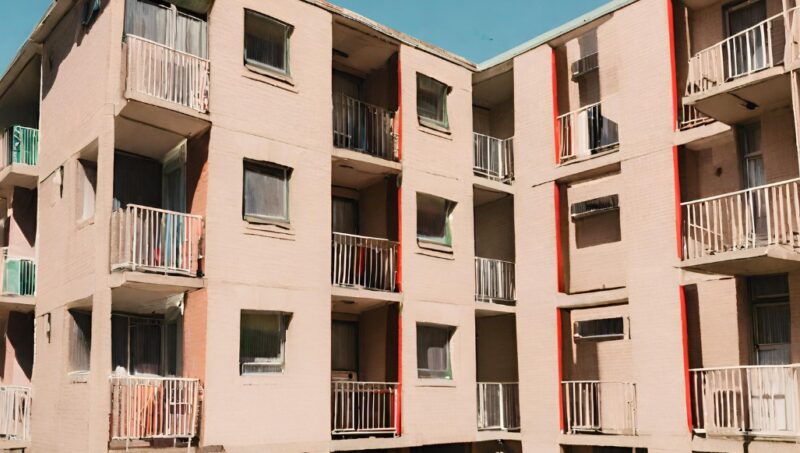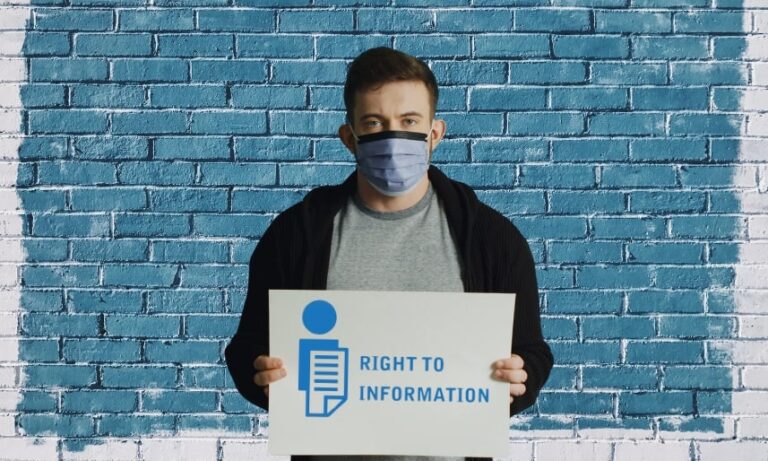Access to affordable housing plays a vital role in supporting socially and economically disadvantaged populations. Public housing programs, overseen by Public Housing Authorities and funded through agencies like the Department of Housing and Urban Development, provide an essential safety net for vulnerable community members in need of shelter.
However, certain applicant screening policies aim to ensure funds are allocated responsibly to the highest-need cases. Three prominent eligibility criteria that can disqualify potential residents include criminal history, providing inaccurate information during the application process, and exceeding specified income limits.
1. Criminal Background

Through legally mandated background checks, the PHA aims to assess any risks posed to community safety or diversion of taxpayer resources.
Certain severe offense types, especially those involving violence, sexual misconduct or illicit substance production, face intrinsic barriers to approval. For example, manufacturing methamphetamines on public housing premises fundamentally conflicts with program requirements.
However, not all past convictions definitively disqualify an individual, as circumstances vary considerably. More remote or less serious infractions arguably reflect decreased prospective threat if rehabilitation efforts are evident. Recent or repetitive severity incidents more directly impact eligibility.
Acknowledging realities of systemic inequities, exceptions can be made through appeal if an applicant demonstrates commitment to non-recidivism. Full transparency regarding one’s history supports fair weighing of public interests versus second chances.
2. Providing False Information

Accurate reporting is essential for equitable assessments of housing assistance requests. Information omissions or discrepancies hinder lawful program administration aligned with community needs.
Applicants reasonably shoulder responsibility to fully disclose all material details regarding household composition, finances, and background without embellishment. Inconsistencies delaying processing or misleading allocative judgments risk legal culpability while directly hampering the applicant’s case.
Public Housing Authorities perform thorough lawful confirmations to corroborate application contents via records searches, landlord referencing, and similar investigative methods. Any variances unearthed potentially endorsing perceptions of deceitfulness or resource diversion would regrettably necessitate denial.
3. Exceeding Income Limits

Financial circumstances constitute a key factor when assessing needs for subsidized shelter resources. Federal guidelines designate housing costing under 30% of monthly earnings as “affordable.” However, surpassing designated income thresholds for an area and family dimension risks invalidation of the request for assistance.
Caps fluctuate to reflect local economic variables and household scope, with the intent of prioritizing those lacking alternative housing access. Full disclosure and updates regarding applicants’ financial situations enable reevaluating subsidy requirements in light of changes. Shifts beyond ceilings signify perhaps other options exist without program support.
Alterations in wages or benefits occur commonly over time. Yet exceeding prescribed limits regrettably implies lessened hardship warranting allotted dwellings.
Family and Immigration Status

Beyond financial or legal factors, family dynamics and immigration standing enter carefully into eligibility equations as well.
Household composition and scale occupy primacy since allocating suitably-sized living quarters necessitates understanding occupants’ changing needs. Natural events like new children or departures, understandably, compel reappraisals.
Legal citizenship status confirmation equally matters, with non-nationals rightly expected to substantiate their lawful presence. While exclusions naturally impact some, compassionate allowances for asylum-seekers reflect shared humanity over arbitrary borders.
The Effect of Rental History
Previous lodging arrangements likewise factor substantively into suitability appraisals. As stewards of constrained housing stocks, evaluating dependability from rental experiences appropriately informs placement aptitude.
Demonstrated commitments like punctual cost fulfillment and rule observances inherently strengthen endorsements for this vital community service. Contrarily, troubled pasts encompassing evictions, agreement breaches, or unpaid debts functionally preclude entrusting scarce assets to candidates of uncertain compliance.
Suitably, neutral confirmations from former landlords or alternate validations aim to assess conscientious tendencies, wherein consistency bolsters future projections.
Regular Income Reporting and Payments

Fulfilling communal and contractual duties remains vital once finding placement within supportive housing networks. Obligations including valid financial updates to authorities allow reasonable rent structuring aligned with means.
Honest reporting showcases cooperation, as omissions risk distorting cost allocations impacting all parties. Dependability likewise compels prompt payment commitments, essential to maintaining this shelter safety net, as alternate remedies sadly disrupt stability.
The Impact of Evictions

Losing public housing due to extenuating circumstances understandably impacts one’s future access to essential shelter services.
Particularly when non-financial obligations go unheeded, it discourages other aid sources necessitating demonstrated dependability. Though exclusions aim preventing assumed future defaults, life complexities sometimes confound best intentions, and second opportunities promote rehabilitation over permanence.
Residents reasonably shouldering lease commitments like punctual costs, tidy premises, and neighborly conduct protect this lifeline.
Why is PHAs Important?

Public housing authorities fulfill important duties beyond application procedures, striving to uphold dignity across communities under their care.
Safety and hygiene comprise paramount obligations, with structured assessments and timely fixes preserving decent living environments for all. Collaborative repairs promote shared ownership over facilities serving members of varied backgrounds.
Ensure A Balance With Your Income

While protecting scarce resources necessitates confinement, this utility remains one thread of larger tapestries encompassing both economic uncertainty and humanity’s sacred right to shelter.
Fluctuating thresholds aptly evolving regional variances obligate dutiful reporting to circumvent inequitable dislocations. Yet prosperity likewise merits celebration, and elevating stations risk disruption; thus nuance understands sustaining homes amid life’s changes.
Collaboration and care emerge as allies here.
What is the Appeals Process?

While housing instability impacts all dimensions of well-being, excluded petitions maintain a lifeline through reassessment venues.
Fairness demands elucidation on denial rationales empowering addressed deficiencies. The appeals setting presents an opportunity to amend misunderstandings calming anxieties through cooperative reappraisal.
Respective governing entities reasonably tailor reconsideration protocols, yet consistently offer Due Process whereby situations’ nuances surface promoting equitable resolutions.
Special Needs of Vulnerable Populations in Public Housing

Underserved communities such as aged residents living on fixed incomes, disabled neighbors contending daily challenges, and neighbors sleeping nightly sans refuge face amplified vulnerabilities. Accordingly, prioritizing such requests honors a civilization’s worth through accessible, considerately equipped dwelling provisions and wrap-around service connections.
Ensuring customized livability accommodates divergent daily realities affirms the intrinsic worth of all. Likewise, prioritizing houseless petitions displays a shared stake in neighbors’ well-being, with stability empowering life transformations.
Last Words
As with any service addressing life’s basic necessities, eligibility guidelines aim to uphold equitable access through transparency for all involved.
Applicants can feel empowered when approaching requirements with due diligence and open communication. Awareness of potential denial catalysts permits proactive collaboration to circumvent unwelcome disruptions through circumstance clarification where relevant.
Moreover, dutiful adherence after placement preserves this shelter’s stability against uncertain changes. By keeping authorities informed of shifting dynamics beyond one’s control, possibilities emerge to safeguard homes through flexibility where sensitivities warrant.









